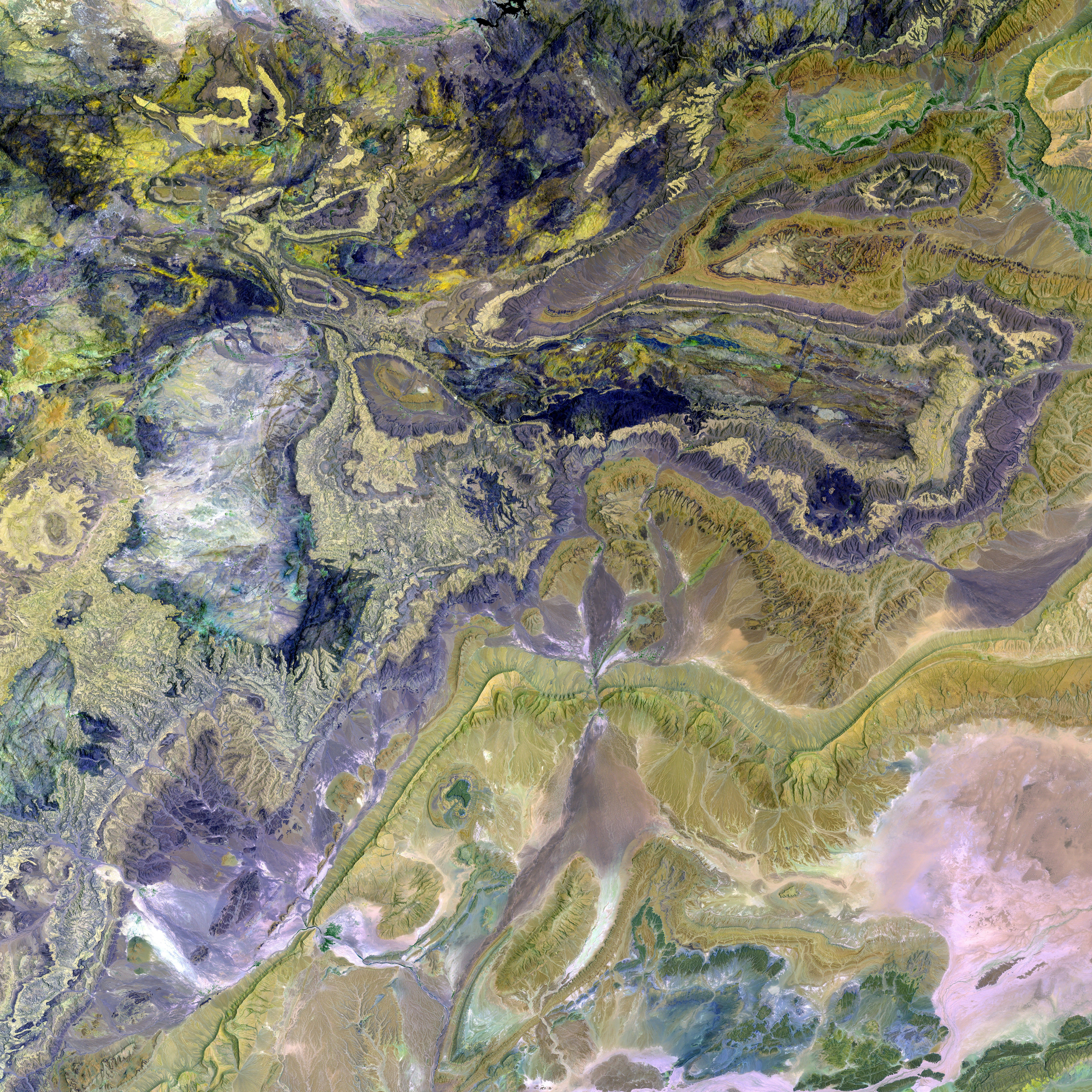Argentina's covert funding tactics: A financial lifeline - Illicit funds may offer a potential lifeline for Argentina's economic struggles
Article:
Argentina's Economic Struggle: The Role of Backdoor Dollars
Written by Christine Leitner
Amid rising inflation and soaring living costs, many Argentines find it challenging to afford the nation's staple—beef. Inflation in Argentina has reached unprecedented levels, second only to Zimbabwe, making everyday items unaffordable for many.
"The prices of various goods have gone up by more than 50 to 100 percent," trader Eduardo Perez notes in the "Global Times" magazine. People are forcing themselves to compare prices at different supermarkets and are only purchasing essential items. Instead of beef, they often opt for chicken.
With Argentina's inflation rate reaching a record high of nearly 290 percent in April 2024, mistrust in the national currency, the peso, and banks remains persistently high. To secure their savings and investments, Argentines are moving their wealth into foreign currencies whenever possible. Estimates suggest that there are more US dollars in circulation in Argentina than elsewhere outside the US, totaling between 250 and 400 billion USD, either in cash or overseas.
Dollars as Argentina's Salvation?
Upon taking office, President Javier Milei pledged to strengthen Argentina's economy and reduce the budget deficit. One of the measures to achieve this goal is the partial replacement of the peso with the dollar, a move known as dollarization. Countries such as El Salvador, Panama, and Ecuador have successfully implemented this strategy.
However, Argentina lacks the necessary prerequisites. Its foreign exchange reserves are depleted, the country is heavily indebted, and Milei's government has shown a lack of imagination in implementing the policy change. Furthermore, private individuals have been prohibited from buying substantial amounts of dollars. Consequently, a thriving black market has emerged on the streets of Buenos Aires, where citizens exchange their pesos for dollars to shield themselves against currency fluctuations.
Embracing the Black Market
Now, President Milei advocates for savers to spend their hidden dollars. "If these funds are injected into the economy, it will result in a significant acceleration in the growth rate," he recently stated in a TV interview. This paradoxically amounts to the legalization of black money.
To execute this plan, the government intends to relax or revoke regulations introduced in 2019 through decrees and a bill. These regulations required reporting of certain money transfers, cash withdrawals, and transactions involving real estate and cars. These capital controls were designed to support the plummeting peso. However, they fostered a divide between the black market and the official exchange rate. Investment and entrepreneurs have pushed for a policy reversal.
"It's like legalizing black money but without taxation," Milei explains on television. "It's not about collecting taxes. It's about making these funds available, enabling people to decide what to do with their money."
Whether this will truly benefit everyone remains to be seen. In Argentina's struggling economy, with rising inflation and costs of living, workers' wages remain low. At one point, the average Argentine's monthly salary was around 200 euros. Those trying to make ends meet with this amount struggle to have surplus funds for exchanging a few dollars.
- In an attempt to boost the economy, President Milei proposes to legalize the use of hidden dollars, suggesting that their injection into the economy could potentially accelerate growth, despite the lack of taxation involved, which might be compared to a form of 'free movement of workers's savings, allowing them to move their funds freely within the economy.
- As Argentina's economy struggles with high inflation and soaring costs, the black market for dollars plays a crucial role in finance, with Argentines seeking security for their investments by moving their wealth into foreign currencies, creating a situation that might be likened to the 'freedom of movement of workers' in the financial sector, as individuals freely choose to move their funds outside of the national currency system.





